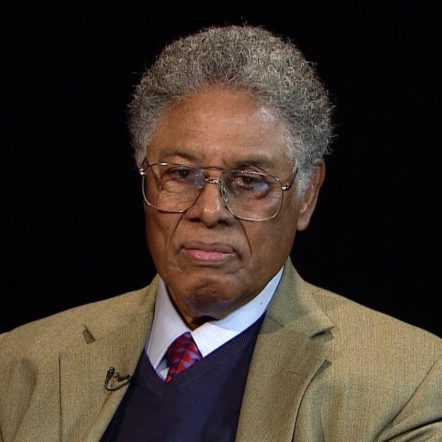Books of quotations are ubiquitous. What home does not have at least one or two? Some are dull and uninspiring. Others are poignant and useful, sometimes uplifting. Themes abound among quote collections, from humor to politics to leadership to you-name-it. Billions of humans have spoken untold quintillions of words over the centuries; every quote book attempts to distill a tiny fraction of those words into something readable and worth reading.
Since its first edition in 1855, Bartlett’s Familiar Quotations is perhaps the best known. It is regarded as “the longest-lived and most widely distributed collection of quotations.” My personal library includes a copy of the thirteenth edition, published in 1955 when I was two years old (and not yet remotely quotable).
One new volume of quotations that made its appearance in the past year will be of special interest to devotees of classical liberalism, the body of thought that champions freedom and free markets. At my bedside, it sits next to a similar book of “daily devotionals.” That’s how I now think of it—as a book from which I read at least a page when I get up each morning. I haven’t found a page yet that didn’t make my day a little more informed or inspired.
This new volume is titled There’s No Free Lunch: 250 Economic Truths. Its editor is David L. Bahnsen, a financial advisor, wealth manager, and FEE supporter who splits his busy and productive life between New York and California. Every page features a quote from a notable figure in the freedom firmament—some living, some not—followed by a paragraph of thoughtful response from David.
The authors comprise a range of great and familiar names: Hayek, von Mises, Sowell, Hazlitt, Friedman, Gilder, Bastiat, Acton, and more. All together, they combine to form what David labels, “250 Economic Truths.”
Below is a sample of the best:
_____
Opulent, civilized, and industrious nations are greater consumers than poor ones because they are infinitely greater producers
– Jean-Baptiste Say
_____
Most of America’s leading entrepreneurs are bound to the masts of their fortunes. They are allowed to keep their wealth only as long as they invest it in others. In a real sense, they can keep only what they give away. It has been given to others in the form of investments. It is embodied in a vast web of enterprises that retains its worth only through constant work and sacrifice. Capitalism is a system that begins not with taking but with giving to others
– George Gilder
_____
The question is not whether we wish to see everybody as well off as possible. Among men of good will such an aim can be taken for granted. The real question concerns the proper means of achieving it. And in trying to answer this we must never lose sight of a few elementary truisms. We cannot distribute more wealth than is created. We cannot in the long run pay labor as a whole more than it produces
– Henry Hazlitt
_____
Let me offer you my definition of social justice: I keep what I earn and you keep what you earn. Do you disagree? Well, then tell me how much of what I earn belongs to you, and why
– Walter Williams
_____
I have never understood why it is ‘greed’ to want to keep the money you have earned but not greed to want to take somebody else’s money
– Thomas Sowell
_____
A society that puts equality before freedom will get neither. A society that puts freedom before equality will get a high degree of both
– Milton Friedman
_____
It is not from the benevolence of the butcher, the brewer, or the baker that we expect our dinner, but from their regard to their own self-interest. We address ourselves, not to their humanity but to their self-love, and never talk to them of our own necessities but of their advantages
– Adam Smith

Lawrence W. Reed
Lawrence W. Reed is FEE’s President Emeritus, Humphreys Family Senior Fellow, and Ron Manners Global Ambassador for Liberty, having served for nearly 11 years as FEE’s president (2008-2019). He is author of the 2020 book, Was Jesus a Socialist? as well as Real Heroes: Incredible True Stories of Courage, Character, and Conviction and Excuse Me, Professor: Challenging the Myths of Progressivism. Follow on LinkedIn and Parler and Like his public figure page on Facebook. His website is www.lawrencewreed.com.
This article was originally published on FEE.org. Read the original article.








